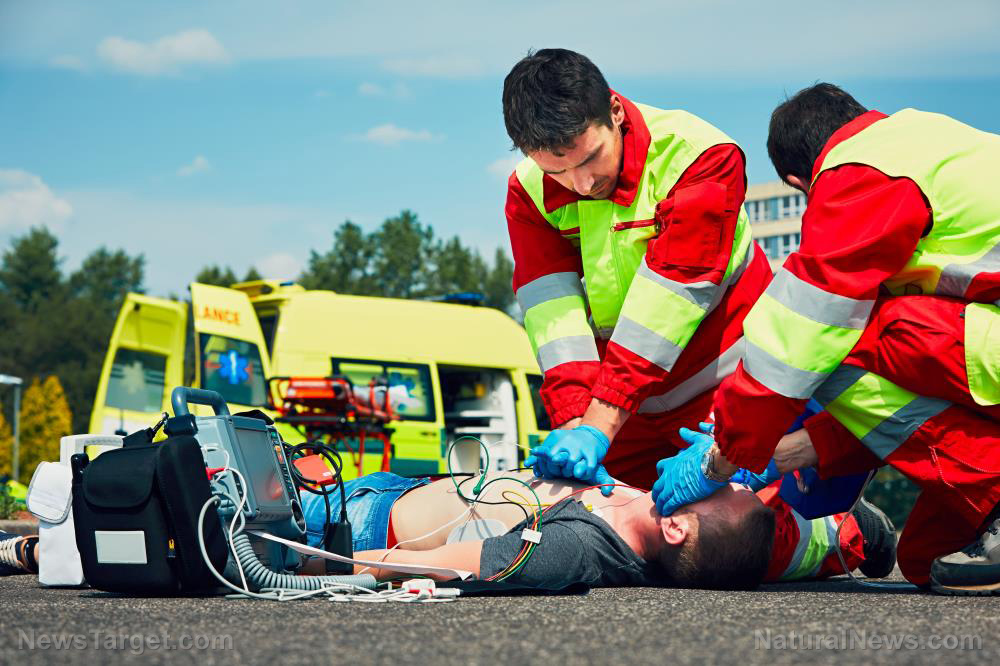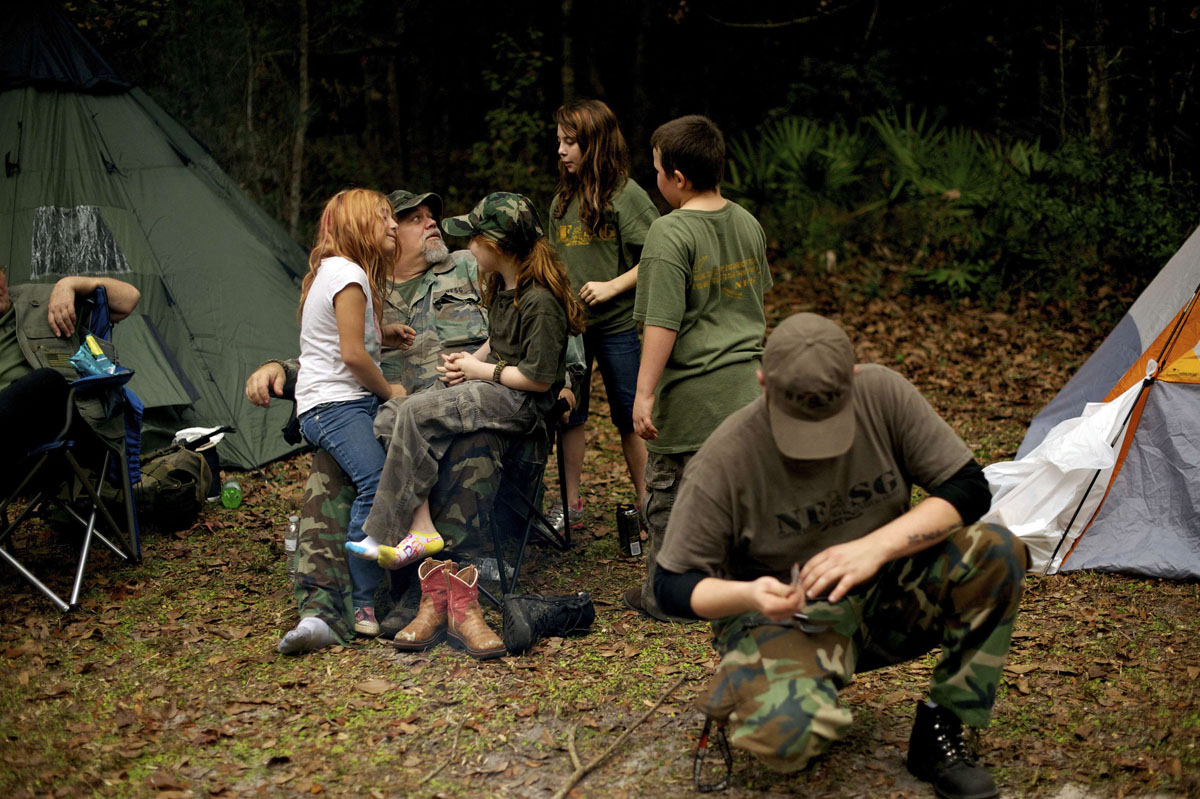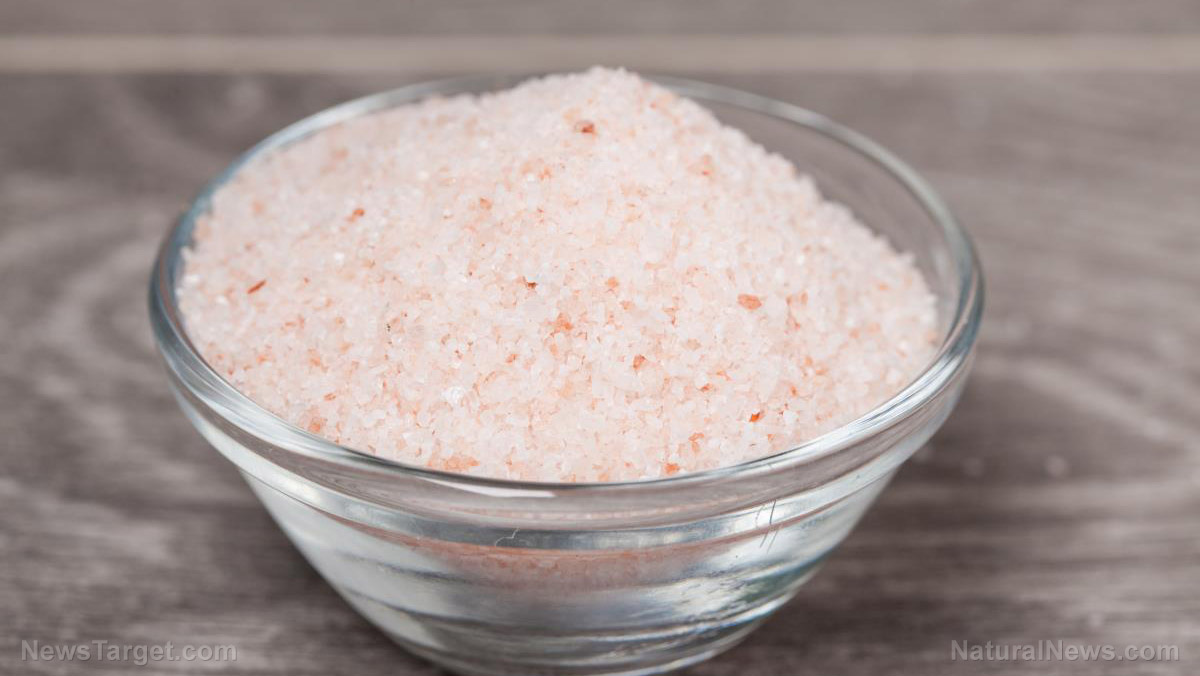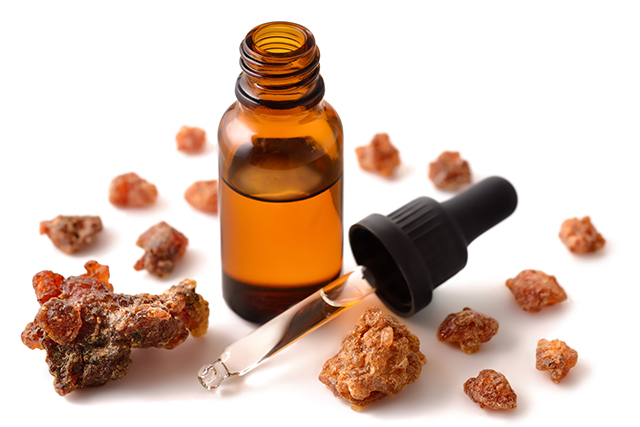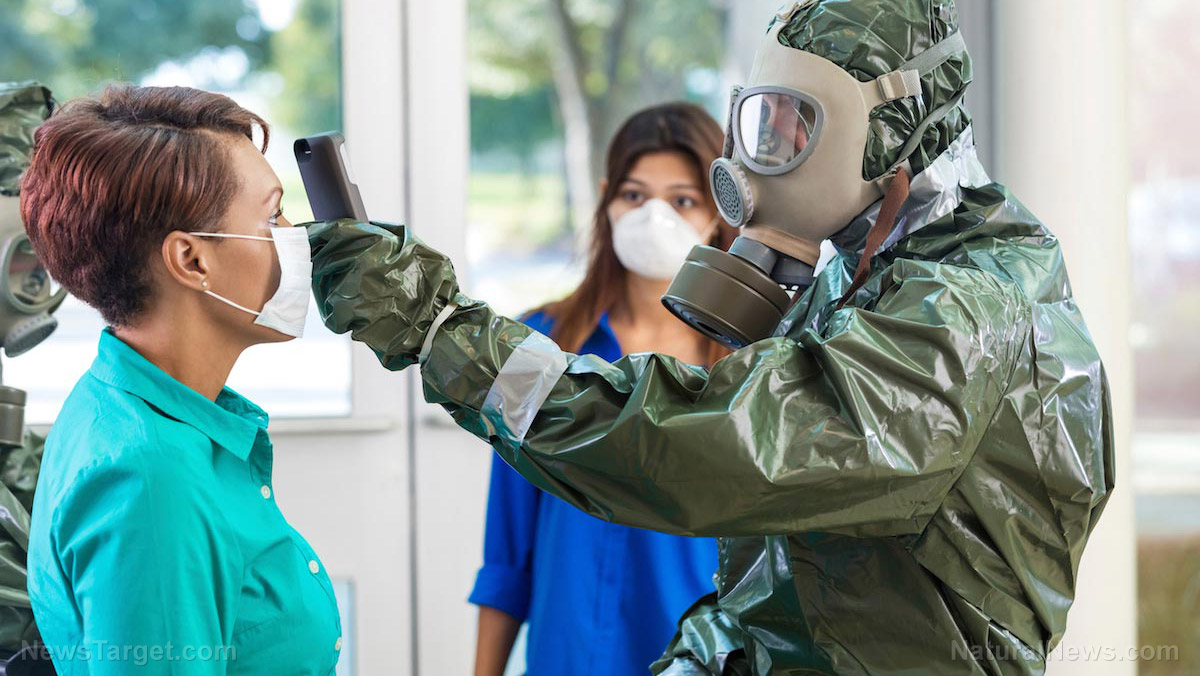Survival medicine: 5 Random but USEFUL tips that may save someone’s life
09/22/2019 / By Melissa Smith

Many medical practices are underrated and are often forgotten. But, these underrated pieces of medical knowledge can save a life in survival situations. Here are five pieces of medical knowledge that can save a life. (h/t to TheOrganicPrepper.com)
1. Prepare low-tech contraception.
Women living in an austere environment die during pregnancy, delivery, and in the post-natal period more often than those living in areas where that have a modern healthcare system. For this reason, women living in these environments have to retain their ability to control fertility.
While babies are important in a long-term disaster, not having babies for the first couple of years of a major grid-down disaster may be an important consideration. You can stock up on condoms or oral contraception, or perfect the timing of ovulation with body temperature and mucus changes.
2. A good meal and a comfortable bed are important.
The best treatment you could give an unwell person – and you don’t know what the problem is or what to do – is a good meal and a comfortable bed. An Arab scholar and physician named Avicenna first described this approach more than 1,000 years ago. He recognized that healing could be optimized and sped up by paying attention to simple details: The patient is well-rested, comfortable and protected, and has a meal of food they are familiar with.
3. The placebo effect is not a bad thing.
The mind is a powerful thing. Part of the placebo effect is derived from the “theater of medicine” in which the medics’ appearance and manner, the clinical setting, and the tools all play a part. This is not deception, but it is important to understand the role the mind plays in medical care, acute illness, or injuries.
4. Stop and think.
The first thing you need to do in an emergency is to stop and think. You need to calm yourself down and identify what your priorities are. If you let fear overcome you, things will go worse. In medicine, the only two absolute immediate actions are to control of life-threatening hemorrhage and to deal with an obstructed airway or absent pulse. For everything else, you need to take 20 to 30 seconds to calm yourself down and come up with an initial action plan.
5. The patient is the one with the disease – not you.
This is not exactly a piece of medical advice, but more for your emotional wellbeing. Medicine can be stressful, and in some cases, anxiety and depression from patients or their families transfer to their carers. This problem is often amplified when working in austere situations where you are more limited in what you can do – both from a diagnostic and treatment perspective.
Dealing with constant stress can take a toll on your mental health. As a simple piece of advice, always remember that the patient is the one sick, not you. Know that you are doing your best in the circumstances, but if you start to take on the stress, it can break you. Unfortunately, this is common. Healthcare providers are over-represented in both depression and suicide.
Always remember that you also need to look after yourself. Don’t waste all your emotional energy looking after your patients and don’t take the weight of the world on your shoulders. Your health is as important as the patient’s health. (Related: 5 Must-know, basic medical practices that can save a life.)
Other medical tips for preppers
Preparing for any crisis can be challenging, especially for those with health issues. To help you out, here are some things you can do:
- Learn how to manage your condition. Research beforehand on treatments and alternative ways to manage your health.
- Stock up on medication, supplements, and vitamins.
- Stock up on medical supplies or build an emergency medical kit.
Improve your knowledge of survival medicines and practices by reading more articles at SurvivalMedicine.news.
Sources include:
Tagged Under: bug out, Collapse, disaster, emergencies, emergency, emergency medicine, first aid, how to, injuries, medical advice, medical knowledge, medical practices, off grid, Off-the-grid living, preparedness, prepper, prepping, survival, survival medicine, survivalist
RECENT NEWS & ARTICLES
SurvivalMedicine.News is a fact-based public education website published by Survival Medicine News Features, LLC.
All content copyright © 2018 by Survival Medicine News Features, LLC.
Contact Us with Tips or Corrections
All trademarks, registered trademarks and servicemarks mentioned on this site are the property of their respective owners.



